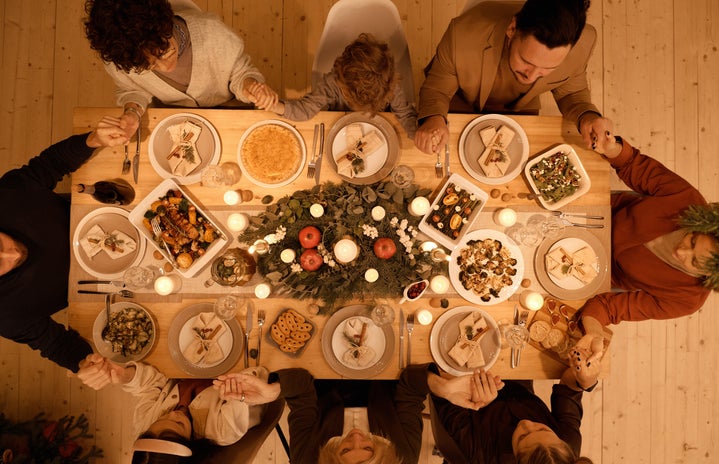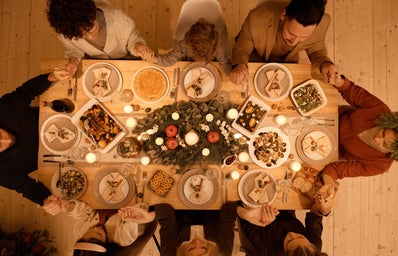On April 24, 1915, the systematic destruction of Armenian people in the Ottoman Empire during World War I began. 108 years later, I hold this grim moment in history close to me. Every year, on the date of this anniversary, I think about the fact that this terrible event is not regularly taught in our school’s history curriculum and the fact that the perpetrating government still denies it. We still fight for recognition to this day, 108 years later.
Part of my family is Armenian, arriving in the United States in the 1910s, escaping the Armenian Genocide. Many people I grew up around did not know who Armenians were or what the Armenian Genocide was. While the genocide had a vast impact on the trajectory of my family, as well as our cultural identity, it has felt isolating to not have the event feel acknowledged.
This part of my identity, being Armenian, has required me to research and educate myself on my family history. We do not know exactly where my family was from in the Ottoman Empire, however through relatives’ immigration records, it appears that my family was from Aintab – modern day Gaziantep in Turkey, not far from Aleppo in Syria. I know that they were considered Western Armenians, however they did not speak Armenian– they spoke Ottoman Turkish, which looks more like Arabic in comparison to modern day Turkish. I am not sure why they didn’t speak Armenian; it may have been to avoid discrimination.
I don’t know my great-grandmother’s actual Armenian name either. She went by Annie in the U.S., but I can guess her birth name was Ani, as that is a common Armenian name for girls. A lot of this is a guessing game – my family’s history feels so fragmented.
Even though things are not completely clear, I do know for certain that I feel an immense amount of pride to be part Armenian. Our culture is amazing andI love the resilience that Armenian people have. Every year on April 24, I feel the desire to share my family’s history in some way. I know that I don’t necessarily have a large audience, but it’s still important.
My great grandparents escaped and made a new life for themselves. They came to the United States as teenagers; my great-grandpa sadly without his parents, and they had an arranged marriage. My Armenian family was able to own businesses and even send all their kids to college.
This day means a lot to me. The fight for recognition and remembrance is not over. Not only does this day mean remembering and honoring a tragedy, this day is also a reminder to celebrate the resiliency of the Armenian people. I am so unbelievably proud.
Some family photos of my Armenian family; my mom, baby me, my sister, and grandpa.
My sister, grandpa, and baby me again.
One of the family photo albums at my parent’s house.


